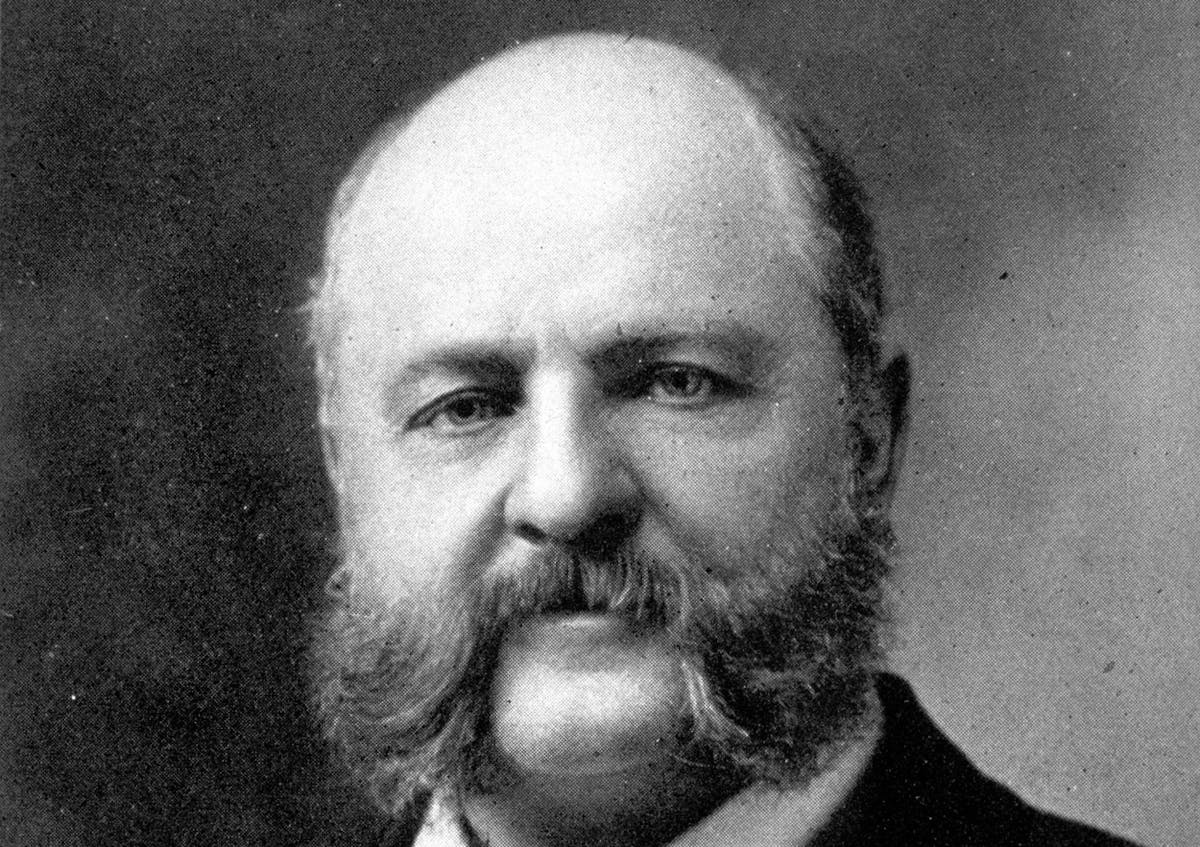
Trump Calls for Jack Smith To ‘Be Brought to Justice’ as Outrage Grows at Surveillance of President’s Aides and GOP Senators
By A.R. HOFFMAN
|The New York Times’ Michelle Goldberg calls the law’s use today a ‘hideous resurrection,’ and a sign that ‘prurient sanctimony’ is ‘running rampant.’


By A.R. HOFFMAN
|
By NOVI ZHUKOVSKY
|
By MATTHEW RICE
|Already have a subscription? Sign in to continue reading
$0.01/day for 60 days
Cancel anytime
By continuing you agree to our Privacy Policy and Terms of Service.